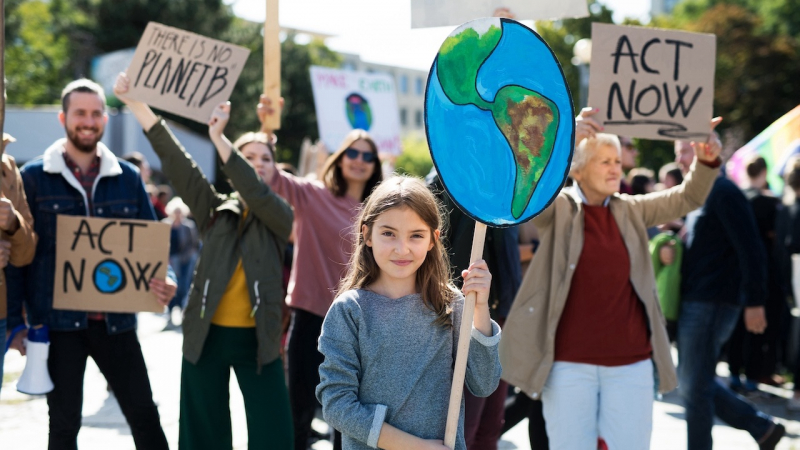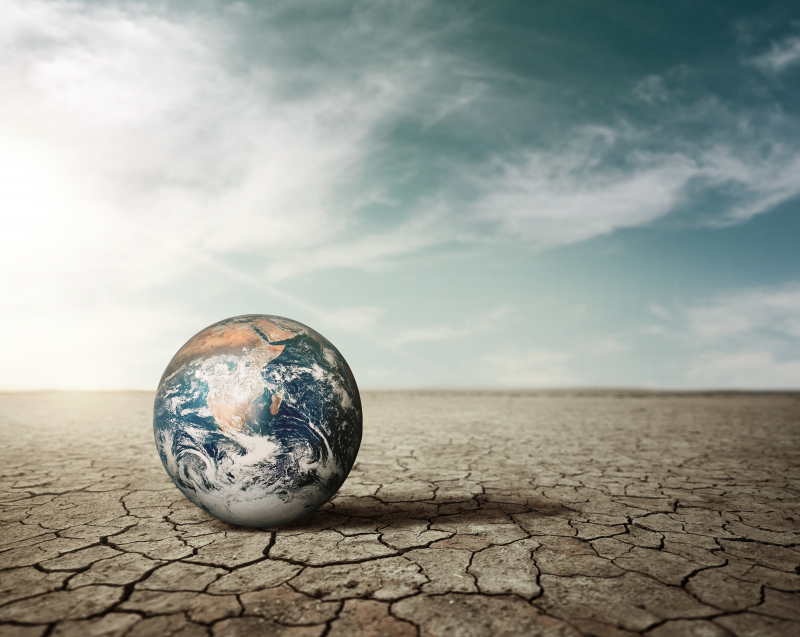Climate Change: Implications for Future Generations
Climate change represents one of the most pressing challenges of our time, with far-reaching implications for future generations. This essay delves into the multifaceted impact of climate change. It considers environmental, social, and economic consequences on the lives of those who will inhabit our planet in the coming decades.
The environmental implications of climate change are perhaps the most apparent and alarming. Rising global temperatures, attributed to increased greenhouse gas emissions, are causing a cascade of ecological effects. These include the melting of polar ice caps, rising sea levels, and more frequent and severe weather events such as hurricanes, droughts, and wildfires. The Intergovernmental Panel on Climate Change (IPCC) warns that these changes are likely to lead to significant biodiversity loss and disruptions in ecosystems. They affect the natural resources future generations depend on (IPCC, 2021).
Socially, climate change poses a substantial threat to human health and safety. The World Health Organization (WHO) has highlighted that climate change is expected to cause approximately 250,000 additional deaths per year between 2030 and 2050 due to malnutrition, malaria, diarrhea, and heat stress. This public health crisis will disproportionately affect the most vulnerable populations. It’s particularly in developing countries, exacerbating global inequalities (World Health Organization, 2018).
Economically, the impacts of climate change are profound. The changing climate is expected to disrupt agricultural production, reduce freshwater availability, and damage infrastructure. This disruption poses a significant threat to global economic stability and development. A report by the National Bureau of Economic Research suggests that if current trends continue, global GDP per capita could decrease by more than 7% by 2100 due to climate change (National Bureau of Economic Research, 2020).
In conclusion, the implications of climate change for future generations are vast and multidimensional. They encompass environmental degradation, health risks, social inequalities, and economic challenges. Addressing these issues requires immediate and concerted global action to reduce greenhouse gas emissions and implement adaptation strategies. The future health and prosperity of our planet and its inhabitants depend on the decisions and actions taken today.
References
- Intergovernmental Panel on Climate Change. (2021). Climate Change 2021: The Physical Science Basis. https://www.ipcc.ch/report/ar6/wg1/
- World Health Organization. (2018). Climate change and health. https://www.who.int/news-room/fact-sheets/detail/climate-change-and-health
- National Bureau of Economic Research. (2020). Long-Term Macroeconomic Effects of Climate Change: A Cross-Country Analysis. https://www.nber.org/papers/w26167












